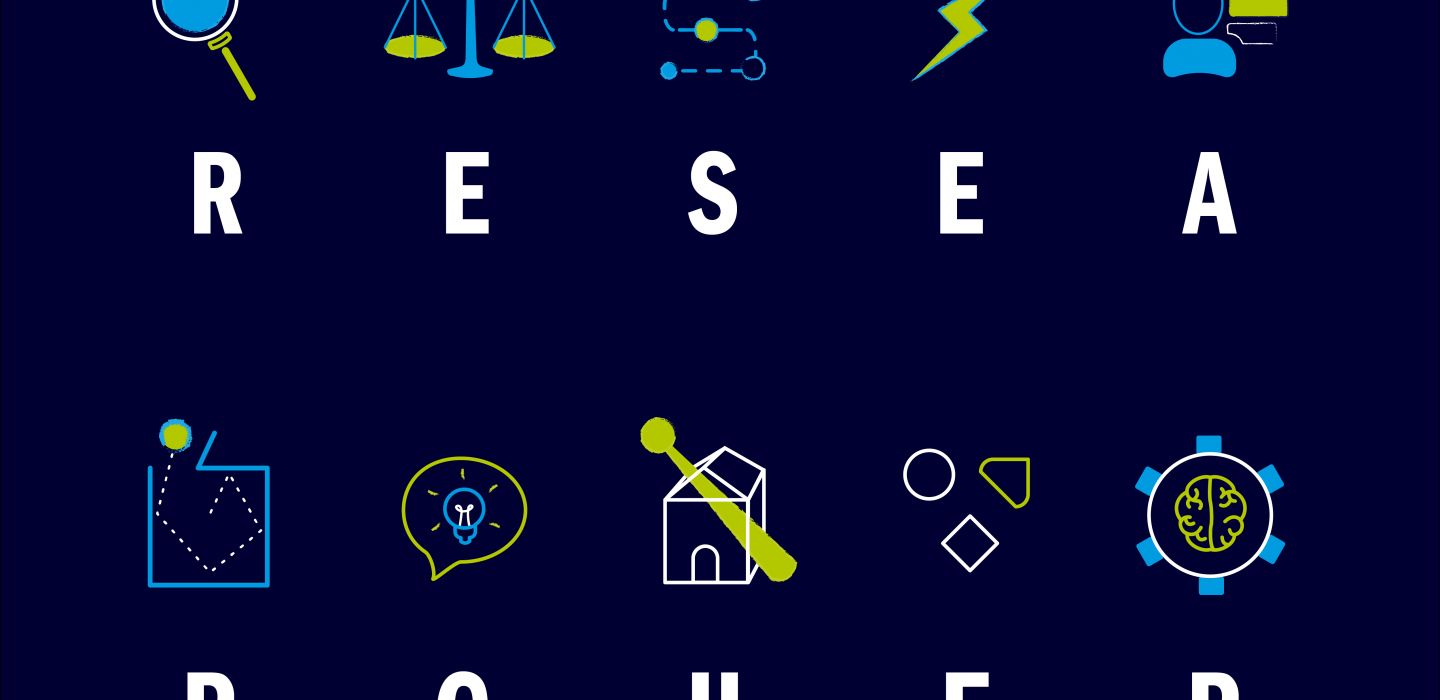By unlocking the mysteries of ‘why is it so?’ or ‘how does it work?’ or ‘what can we do to…?‘, researchers have paved the way modern society thinks, gathers insights, and repurposes acquired knowledge. Researchers are innovators; they build on the seed of curiosity and test theories, win Nobel prizes, improve our lives, and propel our world forward.
From arguing the earth’s theories as a living organism(1) to addressing the need for an ergonomic armchair(2), research starts with a ‘researcher’ or a ‘principal investigator’. They lead projects and teams equipped with a set of specific core competencies outlined below:
1. RESEARCH-CURIOUS
Curiosity is a marker of success. Albert Einstein said, ‘The important thing is not to stop questioning. Curiosity has its reason for existing.’ Who are we to argue with Einstein! Researchers are curious by nature.
“Millions saw the apple fall, but Newton asked WHY.” – Bernard Baruch
2. ETHICAL
Good researchers are incredibly diligent about conducting themselves and upholding ethical practices in every given situation. They are deeply committed to their work and often support maintaining a ‘make the world a better place’ attitude through their research practice.
3. SYSTEMATIC
Researchers proceed with precision and scientific expertise, moving ahead step-by-step. A researcher must proceed with caution to avoid backtracking. Critical analysis requires systematic thinking.
4. ENERGETIC
Research involves meeting people from a vast array of fields, dealing with pitfalls, disappointments, restructuring, replanning, and even restarting. A ‘can-do’ attitude coupled with an energetic outlook is key in allowing researchers to get ahead.
5. ANALYTICAL
A successful researcher is constantly deconstructing information. Questioning data from every angle, looking for intentions, supporting evidence, searching for the inception of an idea and continually analyzing is a researcher’s best kept (not-so) secret.
6. RESOURCEFUL
Resourcefulness turns researchers into creative problem-solvers, coming up with out-of-the-box solutions. Resourceful researchers are not shy of seeking other investigators’ viewpoints and searching for answers outside of their comfort zone.
7. COLLABORATIVE
Research is increasingly becoming a collaborative effort. Modern researchers undertake joint efforts with other researchers, industry partners, government agencies, universities and independent parties to pursue new fields and opportunities.
8. HONEST
Integral to any researcher, this is a quality that they all embody. Honest reporting of data, results, methods and procedures and transparent communications with all parties concerned is non-negotiable.
9. EQUITABLE
A great researcher prioritizes equitable research practices. Researchers strive to view their work through a bias-free lens, which helps their study achieve inclusive, authentic and unbiased results.
10. RATIONAL
Researchers should be clear about the rationale of their research. The reason for conducting the study is clearly defined, communicated and upheld throughout an investigation.
In his essay Limits of the Scientific Method in the book The One-Straw Revolution (translated from the original Japanese), Masanobu Fukuoka, a trained scientist and researcher, says:
“Before researchers become researchers, they should become philosophers. They should consider what the human goal is, what it is that humanity should create…”
Share this article with a researcher you know!
- The Gaia Hypothesis: https://courses.seas.harvard.edu/climate/eli/Courses/EPS281r/Sources/Gaia/Gaia-hypothesis-wikipedia.pdf
- Bad Enough Ergonomics: https://journals.sagepub.com/doi/10.1177/2158244016685135
To get involved with Humber Research & Innovation visit: https://www.humber.ca/research/get-involved/
